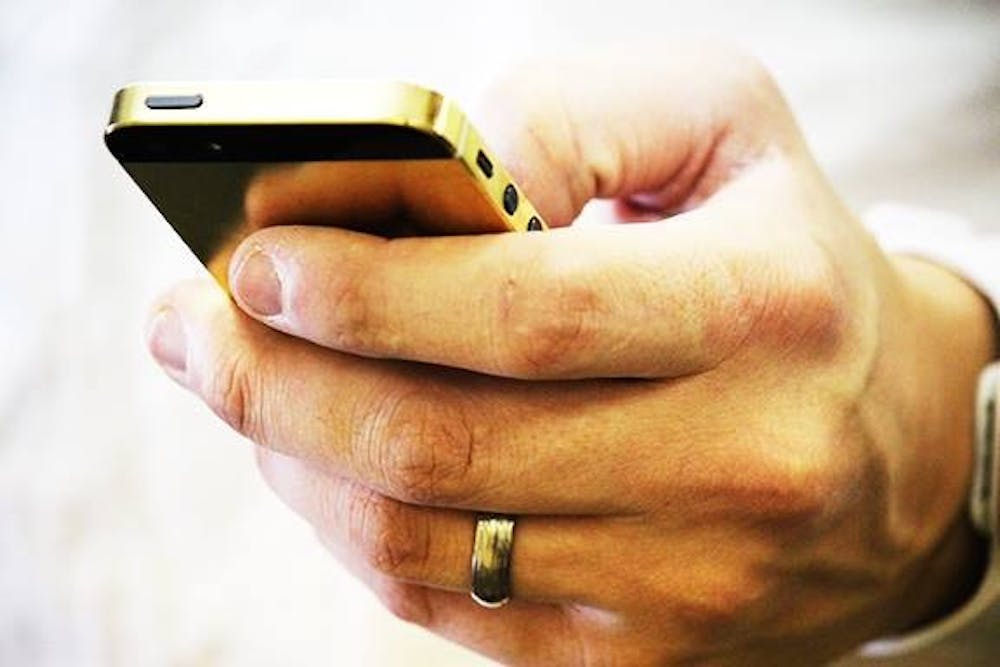It's hard to find college students who aren't on any social media platforms nowadays, but one Ball State professor said students who take classes focused on social media education might have less unwanted outcomes from social media use in the long run.
Rebecca VanMeter, an assistant professor of marketing, held a presentation Oct. 13 about her research dealing with addiction and attachment to social media. The research, VanMeter said, began after one of her colleagues asked her what the difference between addiction and attachment was.
Attachment, VanMeter said, is described as a strong bond between an individual and something else that is tangible or intangible.
"People who are attached to social media use it to achieve a safe haven, a secure base, separation distress and proximity maintenance," she said.
Addiction, on the other hand, is defined as a condition of dependence on an object or activity. VanMeter said people who are addicted to social media have trouble controlling their usage and have trouble with their daily routines. They're also more likely to have higher rates of depression and anxiety.
But VanMeter’s research does not focus directly on addiction, she said. Instead, her study focuses on whether or not classes that are centered around social media education for marketing students increases social media attachment or addiction.
“Many programs are starting to introduce social media into their curriculum because of the growing demand for social media and digital marketing,” VanMeter said.
During her presentation, VanMeter said she conducted surveys on students in social media classes to find out their social media usage and then compared the social media usage with the student’s final grades.
Based on her research, VanMeter said she found students' attachment to social media decreased when they took one of the classes focusing on social media or online presence.
VanMeter also found students' addiction to social media had no impact on their final grade or their performance in the class, and she said the social media class also does not cause students to become addicted to social media.
Junior marketing marketing major Liz Roberts said she has taken several classes centered around social media usage, and she said the classes regulated her time spent on social media.
"I think the more I learn about social media and how to use it from a marketing standpoint, the more I'm able to understand what's best for me and my personal accounts," Roberts said. "I don't think I was addicted or attached to [social media] before, but I definitely think a lot more now about what I'm doing on the internet."
Although her research did not indicate that the students in her study showed a trend in social media addiction, VanMeter said internet addiction may still have credibility in the research field.
"[Internet addiction] is not recognize by the American Psychiatric Association," VanMeter said. “But just because they haven’t accepted it, doesn’t mean that it doesn’t exist.”





